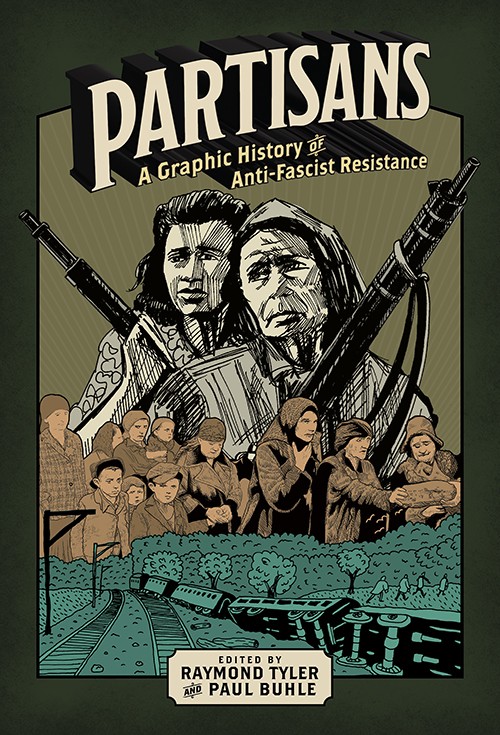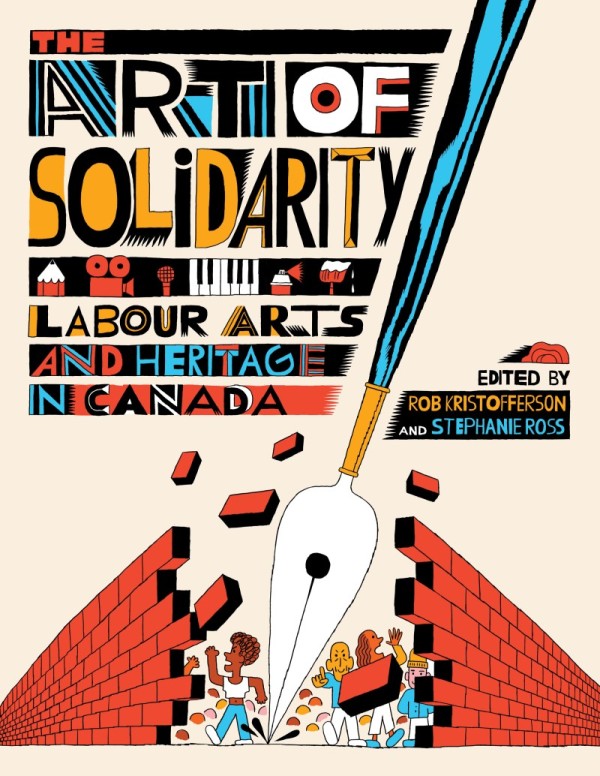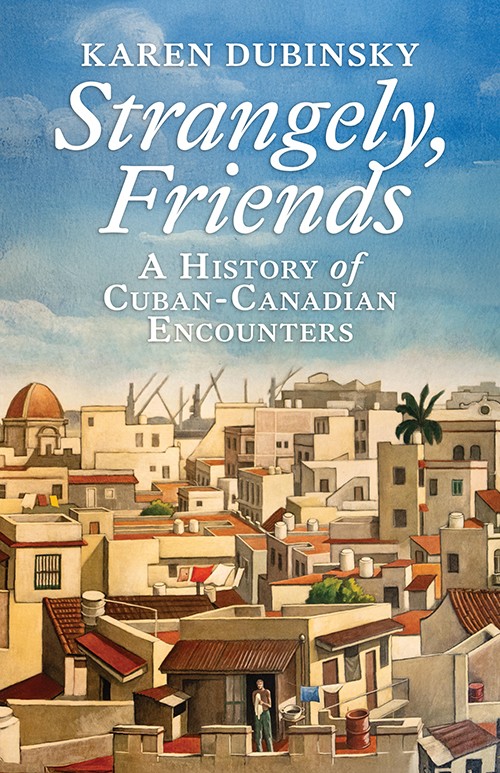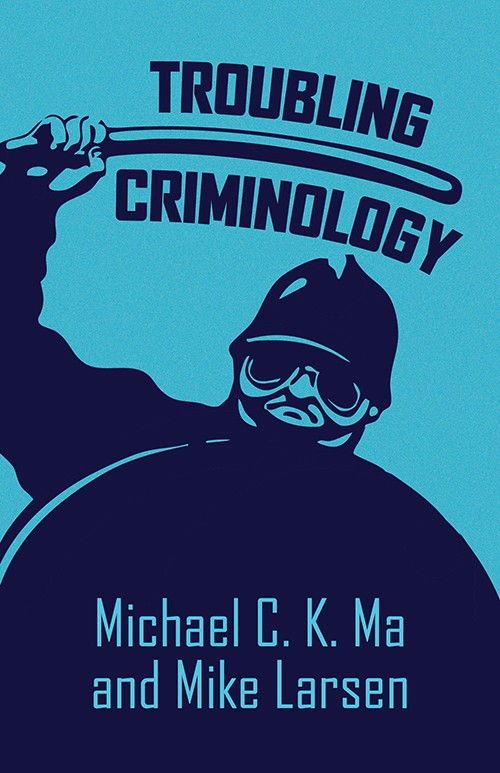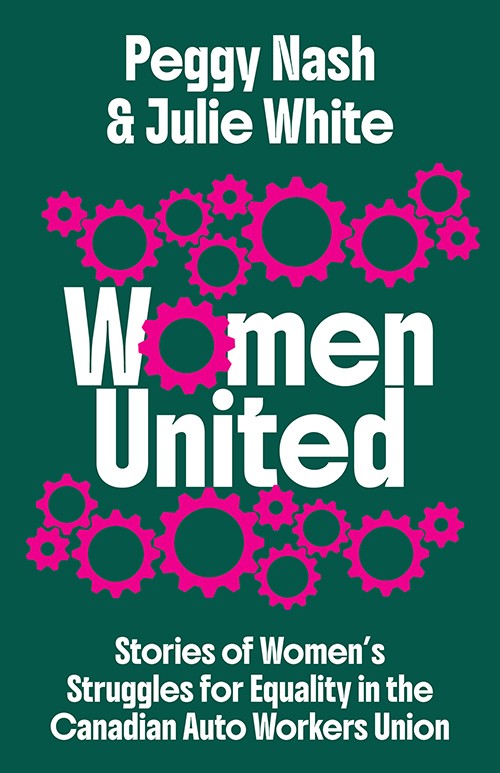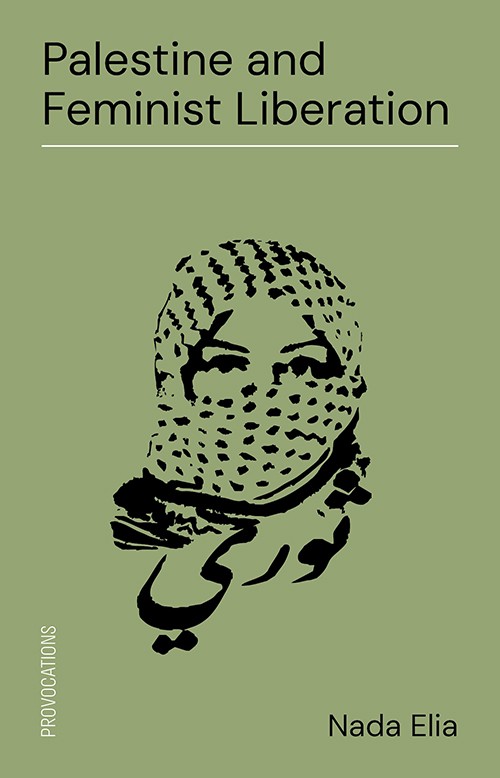Coming soon: Summer and Fall 2025
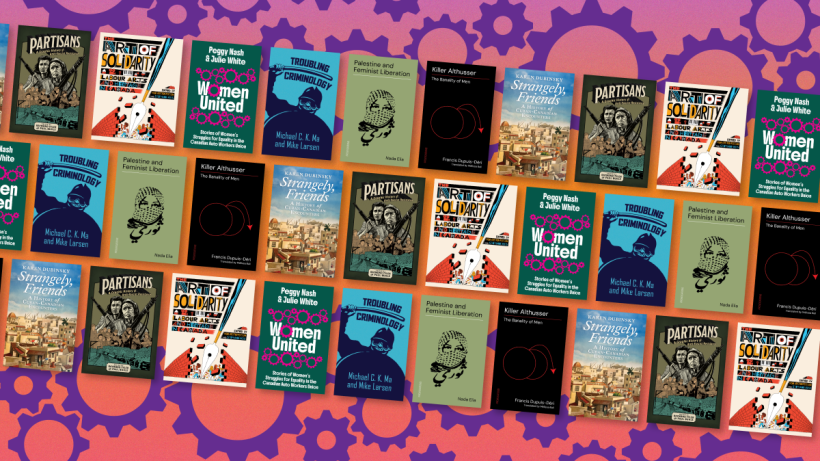
Between the Lines is very excited to share our exciting new line up of titles, coming out this summer and fall. In this preview, we introduce: a political exploration of a philosopher's murder of his own wife; a graphic history of anti-fascist resistance; an edited collection on the art of solidarity and cultural component of the labour movement; a history of Cuban-Canadian encounters through music and more; an accessible introduction for challenging traditional criminology through dialogue and discussion; firsthand accounts of the stories and struggles of women activists in a mainly industrial union; and a series of essays on why Palestinian liberation is a feminist issue.
Learn more about each title below.
On November 16, 1980, the Marxist philosopher Louis Althusser strangled his wife in their Parisian apartment, in a period when she was thinking of leaving him. What do we know about Hélène Legotien today? Almost nothing, except that she was murdered by her illustrious spouse. In a sense, Althusser killed her twice, first, by his own hands and second, by dominating the public space to talk about himself.
What then is the political significance of this femicide and the discourse about it which has taken shape in the public space? Delving into the writings of the murderer and his allies in the French intelligentsia, Killer Althusser reasserts the patriarchal violence of the murder, masculine solidarity, and the complacency of a cultural elite.
With eleven brand new comics created by legendary and upcoming writers and comics artists, Partisans flips a new page in the popular understanding of anti-Nazi and anti-fascist resistance. Through vivid illustrations and compelling narratives, Partisans brings to life the struggles and triumphs of those who resisted fascism. Within these pages, readers will encounter stories of resistance from the rugged mountains of the Balkans to the urban landscapes of occupied Europe. This comics collection reminds us that the fight against fascism is far from over and that the courage and sacrifices of those who came before us continue to light the way. Partisans is a must-read for anyone interested in history, social justice, and the transformative power of history and art.
The Art of Solidarity delves into the rich tapestry of labour arts and heritage in Canada—from protest music and union banners, to murals, community theatre, and oral histories, to workers’ history museums and arts festivals—showcasing how these expressions of working people’s culture have been essential to challenging inequality and fostering solidarity. This inspiring collection highlights the resilience and creativity of labour arts and heritage practitioners who, despite financial and organizational challenges, continue to amplify the voices and experiences of working-class communities. In an economy characterized by growing polarization, inequality, precarity, and uncertainty about the future and meaning of work, labour arts and heritage has a central role to play in providing answers that challenge the prevailing narratives about whose work matters and whose efforts are central to our communities’ wellbeing. This work is more important than ever before.
Strangely, Friends delves into the rich, often overlooked history of personal and cultural connections between Cubans and Canadians. From the early days of the Cuban Revolution to the present, this book uncovers the stories of Canadians who were drawn to Cuba—teachers, artists, development aid workers, filmmakers, and activists—who left an indelible mark on the island, and Cubans, especially the musicians, who found a home in Canada. Through intimate portraits and serendipitous encounters, Karen Dubinsky explores how these relationships transcended political ideologies and state policies, revealing a shared humanity that defies borders. From the classrooms of Havana to the jazz clubs of Toronto, this book captures the enduring bonds forged through music, education, and mutual curiosity, offering a fresh perspective on the power of people-to-people connections.
Crime doesn’t happen in a vacuum, but in the complex world we all live in. In Troubling Criminology, professors Michael C. K. Ma and Mike Larsen untangle the discipline of criminology in a series of insightful conversations. Rather than presenting a fixed canon of knowledge, this book encourages readers to draw on their own experiences and perspectives, fostering dialogue and collaborative thinking. It examines how crime, justice, and deviance are socially constructed, shaped by historical and cultural contexts, and influenced by power, inequality, and systemic oppression. Perfect for students and educators alike, this book is not just a textbook—it’s an invitation to join an ongoing conversation about what criminology means today to help us envision a more just future.
Based on the firsthand stories of dozens of women leaders in the Canadian Auto Workers (CAW), Women United examines what workplaces were like for women, how they became involved in the union, and the challenges women faced, sometimes at great personal cost. From struggles for representation in their union to their fight for affirmative action and childcare, and work against gender-based violence and harassment, Peggy Nash and Julie White show how these feminist activists were joined in struggle not only by their union sisters, but also by their sisters from the broader women’s movement, who learned from them about the importance of women’s workplace rights. Nash and White document the decades-long struggles of generations of women activists in the CAW, who, despite their few numbers, managed to build a better, more inclusive union. A testament to the union’s motto that "fighting back makes a difference," Women United makes an important contribution to feminist, labour, and social history.
How can we explain that Israel, despite its genocidal attacks in Gaza and its violation of international law, remains immune to criticism? Why do many feminists in the Global North, so quick to denounce the impact of "Islamic fundamentalism" on Palestinian women, remain silent when it comes to decrying the gendered impact of Israeli apartheid in Palestine?
In Palestine and Feminist Liberation, Palestinian scholar-activist Nada Elia argues that Palestinian women, far from being powerless and submissive, have long played an important role in resisting their people’s dispossession, first by the British Mandate, then by Israel. Elia discusses the challenges diaspora Palestinian feminists face when organizing on Turtle Island, where the dominant discourse has long upheld the Zionist narrative, steeped in Orientalism and anti-Palestinian racism. She articulates a vision for liberation grounded in Indigenous feminism, with its focus on collective empowerment, rather than individual advancement.


